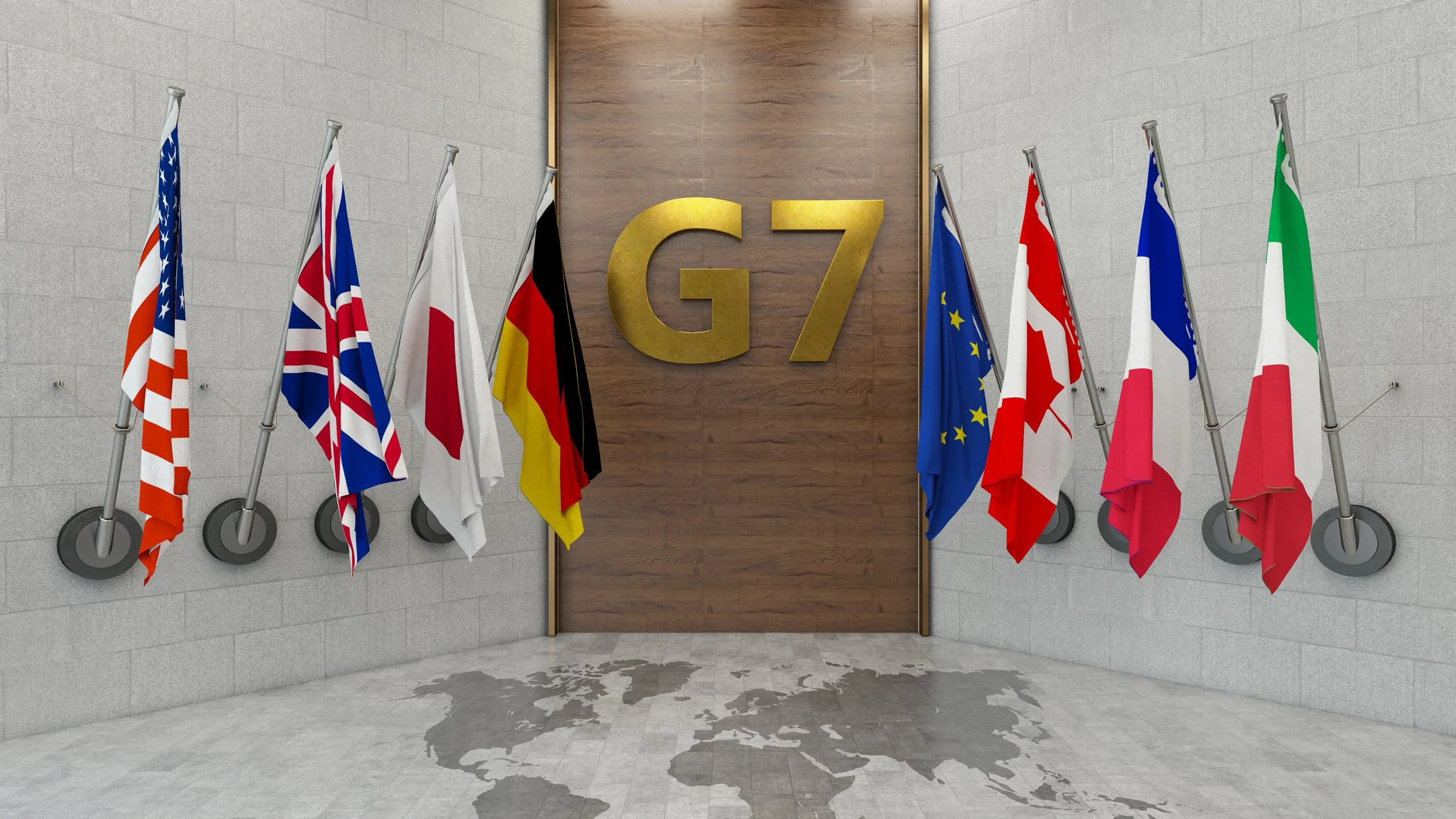Senior reporter Karina Montoya reflects on the end of the remedies phase of the Department of Justice’s case against Google for monopolizing the online search market. She argues that Google’s warnings against divestiture of its browser, Chrome, fall short and that a breakup will benefit the security of the internet, innovation, and users.
Read MoreCJL director Courtney Radsch discussed on an IBA podcast how billionaires like Elon Musk are shaping public narratives on social media, warning of the threats to democracy and the need to protect independent journalism.
Read MoreCJL Director Courtney Radsch joined the League of Women Voters series to discuss how Big Tech, AI, and media market concentration threaten journalism and democracy in the digital age.
Read MoreIn this issue, we explore how copyright protections, currently under threat from the Trump administration, stand as a bulwark against Big Tech‘s use of copyrighted material to turbocharge AI growth.
Read MoreSenior reporter Karina Montoya warns that Shira Perlmutter’s firing reflects Big Tech’s campaign to undermine copyright safeguards, as AI giants seek to freely exploit creative works without consent or accountability.
Read MoreCJL submitted a comment letter urging the FTC to address how dominant tech platforms suppress journalism through systemic, opaque, and retaliatory practices.
Read MoreCJL director Dr. Courtney Radsch joins TechSequences to discuss why platform governance must go beyond surface fixes to address the structural harms of surveillance-driven social media.
Read MoreThe Center for Journalism and Liberty at the Open Markets Institute released a statement from its director, Dr. Courtney Radsch on the California Assembly’s passage of AB 412, the AI Copyright Transparency Act.
Read MoreCJL Director Courtney Radsch was featured in Goodbot’s Common Sense Tech Policy series, where she unpacks how Meta’s news ban in Canada exposes the dangers of letting tech giants control access to essential journalism.
Read MoreOpen Markets criticized a House Energy and Commerce Committee draft budget reconciliation provision that would give Big Tech a “democracy-free decade” for artificial intelligence.
Read MoreIn this issue, we celebrate OMI’s own Claire Kelloway for being named a finalist for a James Beard Award, explore how the Trump administration is helping Elon Musk’s Starlink to cement a monopoly on space, and welcome recent speeches by the DOJ’s Gail Slater and the FTC’s Mark Meador.
Read MoreReporter Austin Ahlman warns that the Trump administration is aggressively advancing Elon Musk’s Starlink monopoly over global communications, urging regulators to counterbalance his growing dominance.
Read MoreCJL Director Courtney Radsch participates in the publication of a policy brief that G7 nations must strengthen competition oversight and adopt strict AI liability rules to curb market concentration, ensure fair access to resources, and protect consumers from high-risk AI harms
Read MoreCJL Director Dr. Courtney Radsch testified in support of Oregon Senate Bill 686, highlighting its potential to support independent journalism, drawing on global precedents, and urging lawmakers to address tech monopolies and their retaliatory behavior toward the press.
Read MoreSenior reporter Karina Montoya analyzes the DOJ’s push for structural remedies in the Google search antitrust trial, including potential divestiture of Chrome.
Read MoreCJL director Dr. Courtney Radsch joined an expert Q&A hosted by The Foreign Policy Centre and Leiden University, marking 100 days into President Trump’s administration.
Read MoreCJL director Courtney Radsch contends that Google’s recent legal violations demonstrate its monopolistic abuse of power, and calls for the company to be broken up to restore fair competition and accountability.
Read MoreReporter Austin Ahlman discusses the court ruling against Google’s ad-tech monopoly being a major win for journalism and the open internet.
Read More

















